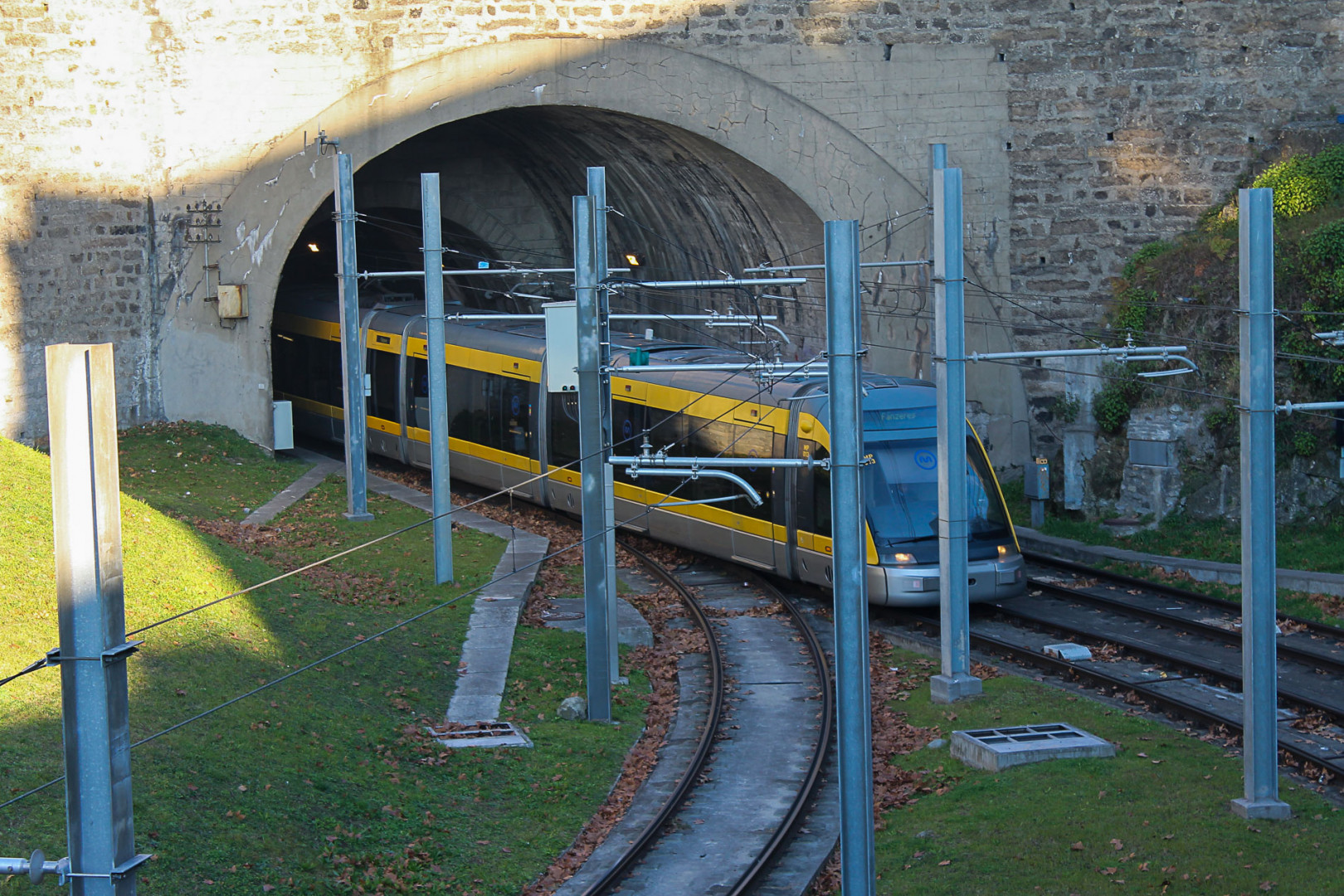INESC TEC helps Metro do Porto controlling failures
The occurrence of failures in public transport vehicles during their regular functioning is the cause of several losses, especially when they cause the interruption of the journey. In order to tackle this problem, INESC TEC proposes project FailStopper - Early failure detection of public transport vehicles in operational context, in partnership with Metro do Porto (MP), and has the participation of the researchers Rita P. Ribeiro and João Gama from the Laboratory of Artificial Intelligence and Decision Support (LIAAD).
29th November 2018
Considering that about 3000 journeys per year are cancelled in the MP vehicles, the aim of the project is to develop a model, through the installation of sensors in a vehicle, based on real-time data analysis in order to inform the maintenance team about the existence of an emerging failure, which is undetectable according to the traditional maintenance criteria.
The production system of compressed air (Air Production Unit - APU) that is set in the roof of the MP vehicles powers units that perform different functions. One of these unities is the secondary suspension, which is responsible for maintaining the vehicle levelled with the platforms in the stations, regardless the number of passengers that are on-board. This is a highly requested element throughout the day and, given the lack of redundancy, causes its failure to result in the immediate removal of the vehicle for repair.
Currently, the maintenance regime applied to the APU system is based on pre-programmed and corrective maintenance activities in order to respond to events in which the failure has already being completely developed. The implementation of this new model will allow a paradigm shift in the maintenance management, making it possible to program corrective actions in vital systems without redundancy, reducing maintenance costs and increasing reliability. Ideally, the developed model should trigger an alarm in order to allow for an intervention at a very early stage of the failure, in which its symptoms and consequences are still imperceptible, thus avoiding the cancellation of journeys.
Once the failure detection model is implemented, it is intended to study what caused the failure in order to identify the most important sensors for this task. For this purpose, methods that use probabilistic and/or contextual approaches can be explored. An effective failure diagnosis can possibly reduce the cost of sensor equipment, improving the application conditions of this early failure detection system throughout the MP vehicles fleet.
Finally, and as a long-term perspective, this study can be expanded to other subsystems of the fleet, such as the traction converter or the automatic doors. In addition to that, it is expected that the results of this project can result in the knowledge transfer for other transport companies.
Starting in December of 2018, FailStopper has a budget of approximately EUR 95,000. The project was submitted together with another 48 ideas in May of 2018 in the so-called Foundation for Science and Technology (FCT) for the Call for Projects of Scientific Research and Technological Development in Data Science and Artificial Intelligence in Public Administration, a joint initiative of the Ministries of Science, Technology and Higher Education and Administrative Modernisation. From all projects, fifteen were approved for funding.
The researchers mentioned in this news piece are associated with UP-FCUP and UP-FEP.
Credits photos: Metro do Porto


